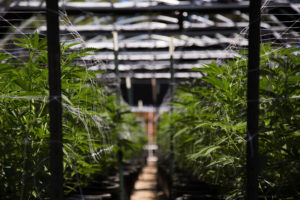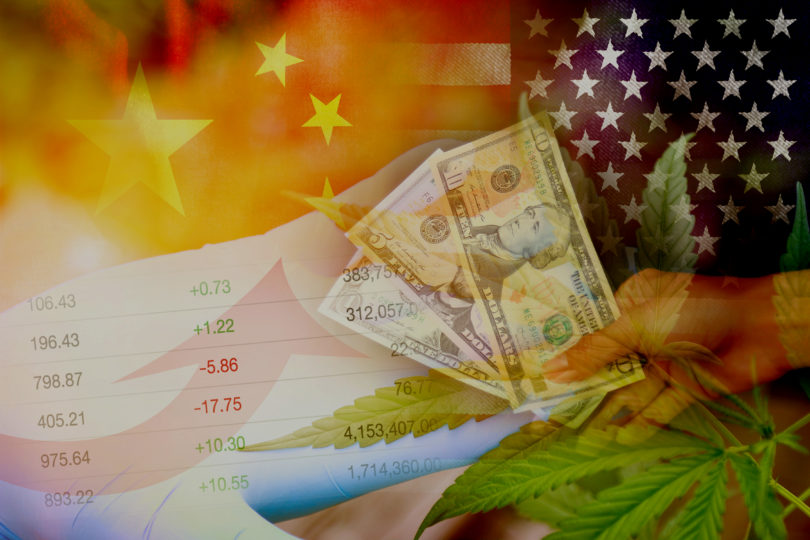The Chinese are never far behind when it comes to manufacturing innovations they can sell across the globe. China now has its sights firmly on CBD, but what about regulations and quality control?
CBD, short for Cannabidiol, is all the rage in North America and Europe at the moment. Whether it’s CBD Oil drops, CBD Softgels, CBD Vape or CBD Creams for beauty, this is a fast-becoming a massive industry. The fact that this industry is wholly unregulated to date is a discussion for another time. But what happens to the quality and safety of CBD when China gets involved?
At least two of China’s 34 expansive regions are currently growing and processing cannabis and hemp for CBD. CBD isn’t even approved for consumption in China, which is a country known for some of the most stringent drug laws in the world. As Tan Xin, the chairman of Hanma Investment Group, explained according to a NYT report, “It (CBD) has huge potential,” he said. Xin’s company was the first to be permitted to grow and extract CBD in southern China, to be marketed and sold abroad.
The Chinese government isn’t about to legalize cannabis in the country any time soon. Their attitude toward anything cannabis related is generally negative but when it comes to money, things often have a way of changing. While China is clear that THC-heavy cannabis is not legal and won’t be in the foreseeable future, they seem to not mind CBD so much.
Xin’s firm, for example, is currently cultivating more than 1,600 acres of hemp in the small rural village of Shanchong. The general manager of the subsidiary in the village, Tian Wei, explained, “It is very good for people’s health,” he said, “China may have become aware of this aspect a little bit late, but there will definitely be opportunities in the future,” he added.

Hemp farming was re-legalized in China in 2010
The farmers of Yunnan were thrilled when industrial hemp cultivation was once again permitted in China in 2010. A farmer there can expect to earn around $300 per acre of Hemp, which is more than they can get for other crops.
Other regions like Heilongjiang, a province along China’s border with Russia, have also been cultivating hemp since 2010. Since then, the sale of Hemp seeds and hemp seed oil is permitted in the country, as well as an additive in beauty products. However, CBD is not allowed in food or medicine, so the majority of CBD extract from China is earmarked for export.
Hanma, for example, has big plans for the future and has already acquired a CBD extraction facility in Las Vegas with intentions to open another one in Canada before long. Yang Ming, a scientist who works for the Yunnan Academy of Agricultural Science, told reporters that hemp seeds were traditionally used to treat constipation before cannabis and CBD was outlawed.
In the 1980s and 1990s, the Yunnan region had a lot of cannabis growing wild and became a type of tourist trap for people wanting a cannabis vacation. “They would go to the villagers’ cannabis fields, pick the buds and bring them back to the hotel to dry and smoke,” Yang explained.
Unfortunately, the issue for the Chinese is quality and regulation when it comes to CBD. For the time being, most CBD is purchased in Europe and the US, and it usually endures a multi-stage and very rigorous testing system to ensure potency, safety, and efficacy. These tests cost a lot of money and are almost always provided by a third-party lab. CBD companies in the West are happy to spend this money on testing as it offers their customers real peace of mind.
The CBD coming from China, no matter how sparkly the label is, could potentially be a health hazard and even dangerous for consumption. As such, it remains to be seen what demand, if any, there will be for bargin CBD, made in China when exports commence.









